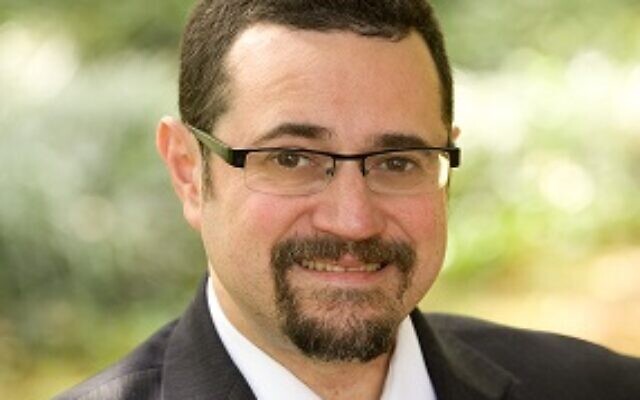Rabbi Joshua Heller’s Rosh Hashanah Message for 2022
Rabbi Joshua Heller shares his thoughts and inspiration for the Jewish New Year.
Rabbi Joshua Heller is the senior rabbi at Congregation B’nai Torah.
This year, the eve of Rosh Hashanah has a special meaning. Deuteronomy 15 teaches that at the end of every seventh year, all debts among Jews are to be forgiven.
Of course, in Biblical times, most Israelites were farmers. If someone borrowed money, it was really a form of charity. Their crops had failed, and they needed money to buy seeds to plant and get back on their feet. If someone had not managed to repay within a few years, they were not likely to be able to do so. On the eve of Rosh Hashanah, everyone started over with a clean slate.
In later eras, Jewish society evolved from an agricultural one to a commercial one, as Jews engaged in long-term building projects, and trade across the Mediterranean. Many loans were for business, not charity. The great sage Hillel enacted a legal process called “Prozbul” whereby commercial loans could be sustained despite the Biblical command.
On Rosh Hashanah, the day after financial debts is (arguably) dissolved, we ask for a different type of forgiveness. We each end the year in spiritual debt. We may owe others recompense for the wrongs that we have done them. We may also have overdrawn our account with God in not living our best lives. Perhaps we have received gifts from God which we may not have repaid with gratitude?
During this season, we tabulate our debts, to God and to others, so that we may repay the wrongs that we can and pray that the others be forgiven. Forgiveness is more likely to be granted if it is universal. If we forgive the penances we demand of others, then perhaps our own debits will also turn to credits, and we will know the freedom of living one day truly debt-free.
Joshua Heller is the senior rabbi at Congregation B’nai Torah.




comments